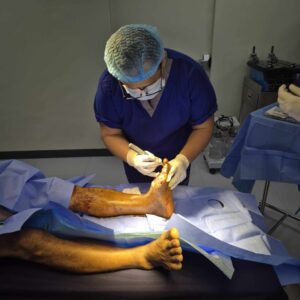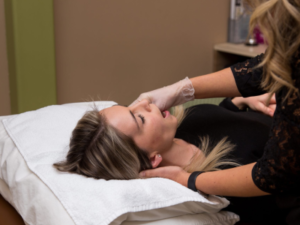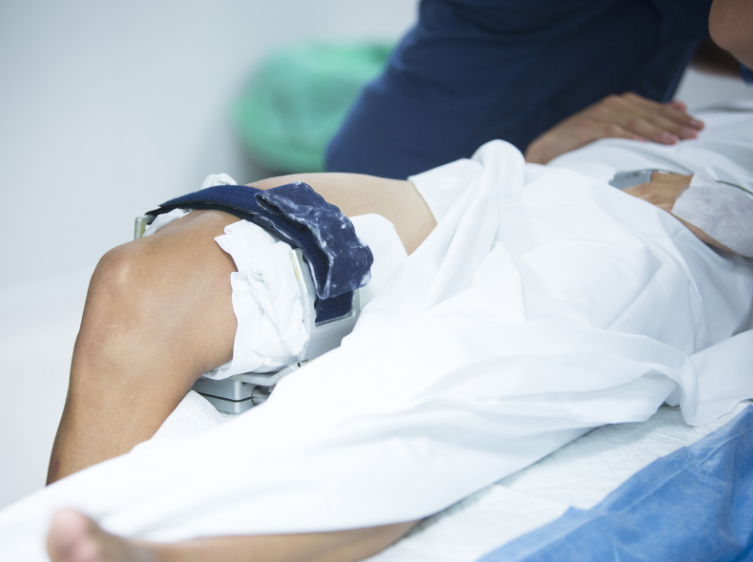Knee surgery is a significant medical procedure aimed at addressing various conditions such as ligament tears, arthritis, or joint damage. Understanding the lifestyle changes required post knee surgery is crucial for a successful recovery and improved quality of life.
Understanding Knee Surgery Recovery
Recovery from knee surgery typically progresses through several phases, each crucial for restoring mobility and function. Immediately after the operation, patients are closely monitored in recovery rooms to ensure stability and manage pain effectively. As days pass, physical therapy becomes central to rehabilitation, focusing on strengthening the knee and improving flexibility.
Immediate Lifestyle Adjustments
Post-surgery, mobility aids like crutches or walkers may be necessary to support walking and prevent strain on the healing knee. Simple home modifications, such as installing handrails or adjusting furniture heights, can significantly enhance safety and accessibility. Family members and caregivers play a vital role in assisting with daily tasks that require bending or lifting, easing the transition from hospital to home life after knee surgery.
Exercise and Activity Guidelines
Engaging in prescribed exercises is critical for recovering from knee surgery. These exercises typically focus on gradually increasing knee strength and range of motion. While initially, there may be restrictions on weight-bearing activities, such as jogging or lifting heavy objects, light activities like walking or swimming are encouraged to maintain overall fitness and aid in recovery.
Nutrition and Diet Considerations
A balanced diet rich in nutrients like calcium, vitamin D, and protein is essential for supporting bone health and promoting healing post knee surgery. Staying adequately hydrated helps in flushing out toxins and aids in the recovery process. For patients who were previously inactive due to knee pain, managing weight through diet adjustments can alleviate pressure on the knees and support long-term joint health.
Mental and Emotional Well-being
Managing expectations during the recovery period is crucial for mental well-being after knee surgery. Patients may experience varying emotions as they navigate pain, discomfort, and temporary limitations. Establishing a strong support network, including family, friends, and healthcare professionals, can provide emotional support and practical assistance throughout the recovery journey.
Returning to Daily Activities
Returning to work and social activities is a gradual process post knee surgery. Depending on the type of surgery and individual recovery rate, patients may need to modify work responsibilities or take extended leave until mobility improves. Driving is often restricted immediately after surgery due to pain medication or limited range of motion, so alternative transportation options may be necessary.
Long-Term Maintenance and Follow-Up
Regular follow-up appointments with healthcare providers are essential for monitoring recovery progress and addressing any concerns post knee surgery. Lifestyle modifications, such as incorporating low-impact exercises and maintaining a healthy weight, help in preserving knee function and preventing future injuries. Adhering to preventive measures, such as wearing knee braces during physical activities or avoiding high-impact sports, supports long-term joint health.
Takeaway
Knee surgery necessitates significant lifestyle adjustments to ensure a successful recovery and improved quality of life. By understanding the phases of recovery, making necessary lifestyle modifications, and seeking support when needed, patients can navigate the post-surgery period with confidence and optimism. For personalized advice tailored to individual needs, consulting with a healthcare provider is recommended.











